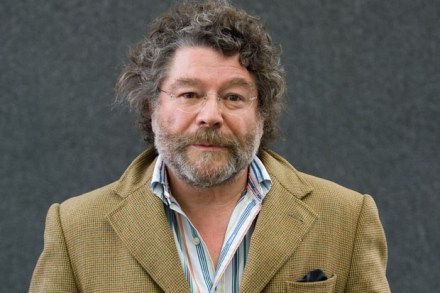Preacher and prosecutor
Craig Raine is a pugnacious figure in the fractious world of contemporary poetry. When his poem ‘Gatwick’ appeared in the LRB (2015), social media had one of its habitual spasms. Here was a piece which indulged the male gaze and celebrated lustful yearning — an older man for a younger woman. Hardly new ground one might have thought; but to be fair it’s actually rather more subtle than that, and Faber’s former poetry editor responded to the howls of protest by saying: ‘Of course the stupid are always with us.’ In fact Raine rather likes a scrap and My Grandmother’s Glass Eye, in which poets and critics are mauled routinely




















